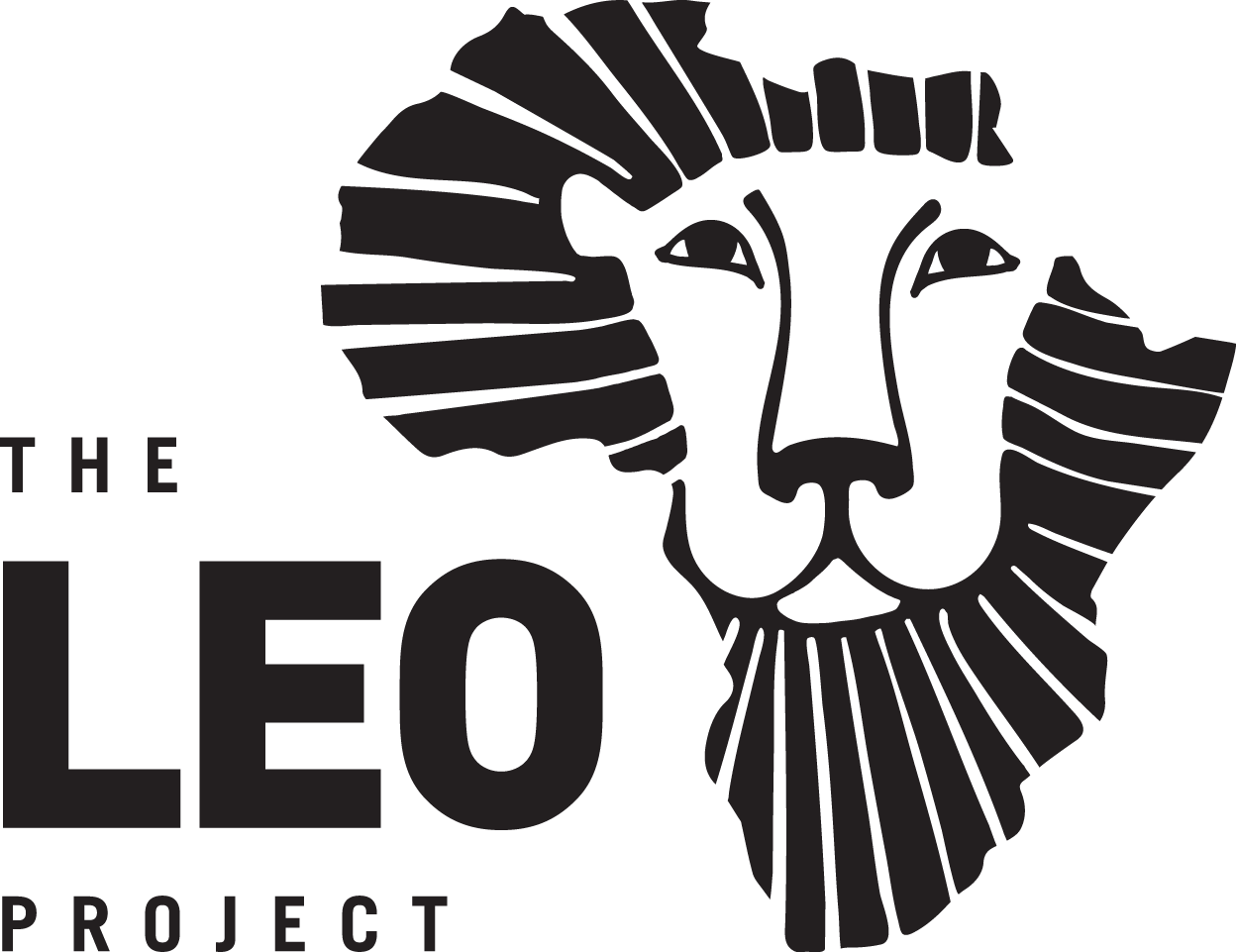Safisha jua kali
Since 2021, The Leo Project has hosted the annual Safisha Jua Kali event — a day dedicated to cleaning up the village of Jua Kali, home to The Caitlin O’Hara Community Health Clinic and TLP Head Quarters. “Safisha” means “to clean” in Swahili, and the name reflects our commitment to protecting the health of the community.
Safisha Jua Kali is both a community clean-up and a day of celebration. This year, thanks to our partners, in addition to trash clean-up, the event included face painting, a live DJ, a kids' coloring station, and transportation for members of The Leo Project’s Nanyuki community to join in the festivities. Like in past years, we again partnered with the Laikipia government to arrange for the removal of a full truckload of collected trash.
Beyond the day’s activities, Safisha Jua Kali is a platform for education and long-term solutions. This year, we introduced Safisha Ambassadors—local residents committed to promoting environmental responsibility and helping maintain a cleaner Jua Kali year-round. We also installed designated trash pits to encourage consolidated waste disposal. With the support of the Ambassadors and access to proper disposal sites, we hope the community will be better equipped to manage solid waste.
Still, we recognize that these steps are just part of a much larger challenge. Solid waste mismanagement is a growing crisis—not only in Jua Kali, but across Kenya and globally. Addressing it will require sustained commitment and collaboration at every level. As Alex Sandile, TLP’s Education Project Manager shared, “Safisha Jua Kali is more than just a cleanup—it’s the beginning of a cultural shift toward shared responsibility for environmental conservation. The initiative aims to build a community where protecting the environment becomes second nature and everyone plays an active role in creating a cleaner, healthier future.”
In 2010, The Constitution of Kenya decentralized waste management to counties, but most still lack the infrastructure, regulation, and technology to implement effective systems. In 2015, Kenya’s National Environment Management Authority (NEMA) put forward the National Solid Waste Management Strategy (NSWMS), which seeks to “establish a common platform for action between stakeholders to systematically improve waste management in Kenya.” This strategy is in-line with Kenya Vision 2030 which identifies the need for “efficient and sustainable waste management systems to be established as the country develops into a newly industrialized state by 2030.”
Despite these national laws and policies, the NSWMS found that “weak implementation and poor practices have led to towns and cities being overwhelmed by their own waste, consequently affecting public health and the environment.” (NSWMS)
Globally, the challenge is just as pressing. In 2020, 38 percent of all municipal solid waste—an estimated 810 million tonnes—was either dumped in the open or burned. This is not just a local problem—it is a global crisis with far-reaching consequences for climate, biodiversity, and human health. (UNEP, 2024)
In Kenya, only about 30-40% of the population in major cities receives formal waste collection (NSWMP). In many settings, like Jua Kali, no consistent collection system exists at all, leaving communities without access to basic waste disposal services (UN-Habitat, 2022). Across Kenya, nearly 70% of municipal waste goes uncollected and is either dumped in the open or burned.
Collecting trash in Jua Kali
Open dumping and burning of trash, though commonplace, are serious dangers to public health and environmental health. These dangers include:
Toxic Emissions: Open burning releases dioxins, furans, mercury, and PM2.5, causing respiratory and cardiovascular illnesses. Across Africa, these pollutants contribute to 1.2 million premature deaths annually. (Royal Academy of Engineering, 2023)
Disease Hotspots: Uncontained waste attracts disease-carrying pests. Communities living near dumpsites report high rates of respiratory issues, diarrheal diseases, and illnesses like malaria. At Nairobi’s Dandora dumpsite, for example, a 70% Hepatitis B prevalence was recorded among workers. (African Population and Health Research Center, 2020)
Environmental Degradation: Pollutants from waste seep into soil and water, harming ecosystems and contributing to climate change and marine plastic pollution. (UNEP, 2024)
Against this backdrop, Safisha Jua Kali is a bright spot. While it is a localized event, it is responding to nationwide and global challenges. With the support of local community and government partners, we can help to create a healthier, more sustainable future for Jua Kali year-round — and setting an example for what’s possible when we come together.
“On pick-up days, young hands unite,
Turning littered grounds to a cleaner sight.
With every sweep, with every bin,
A brighter world begins within!”
- From our partner, St. Christopher’s School
You can support this work by making a donation today.













